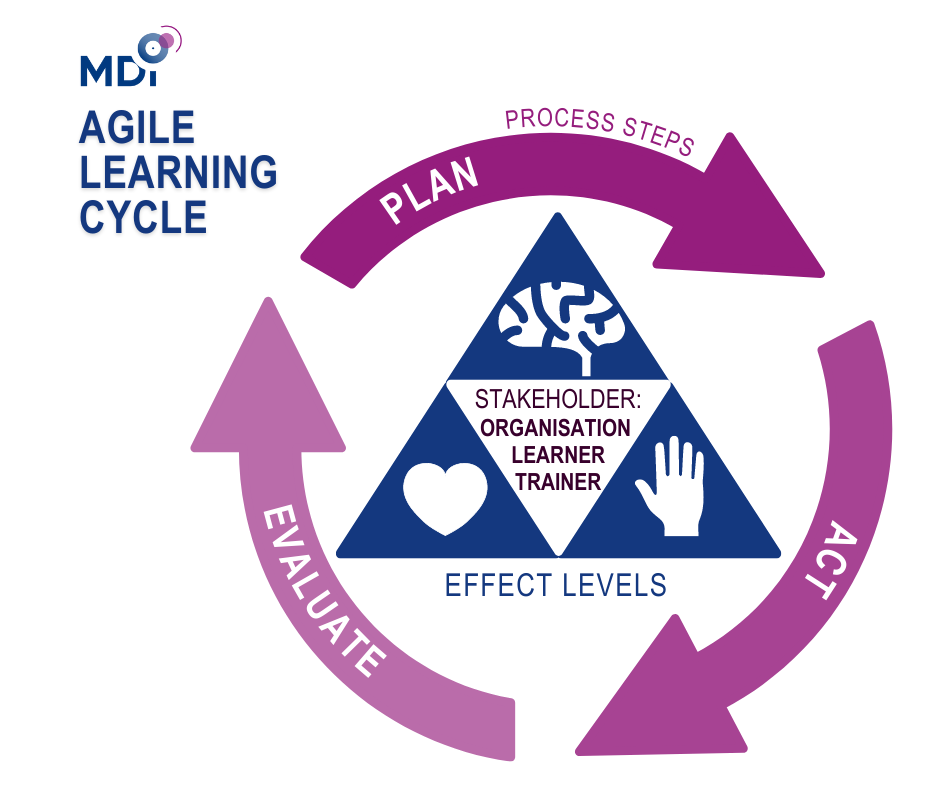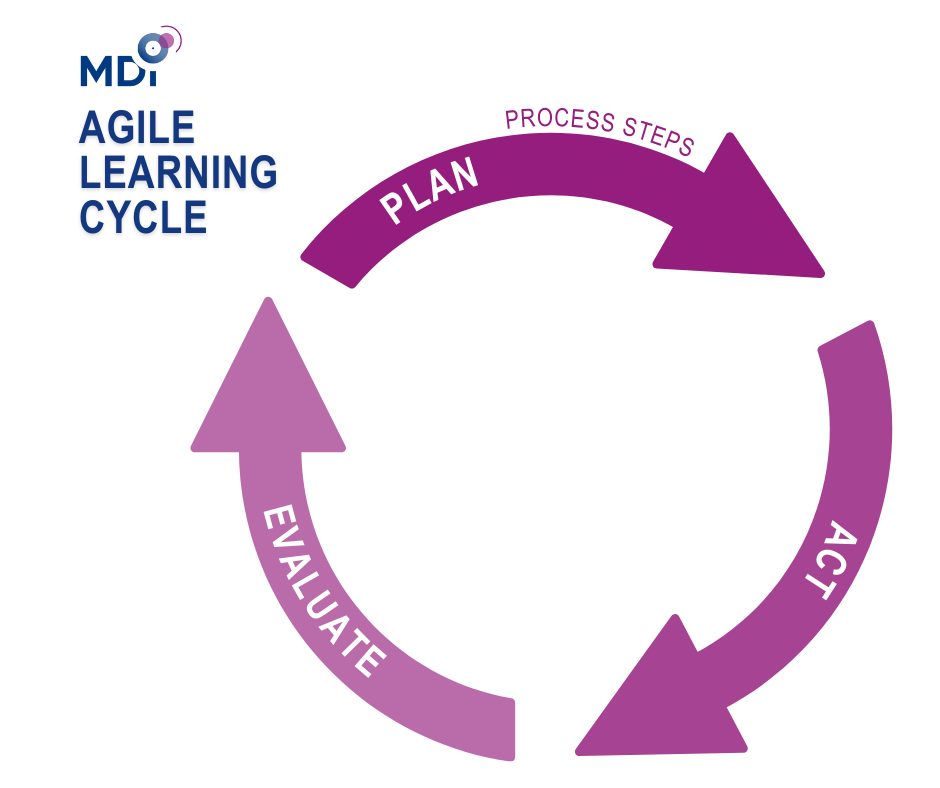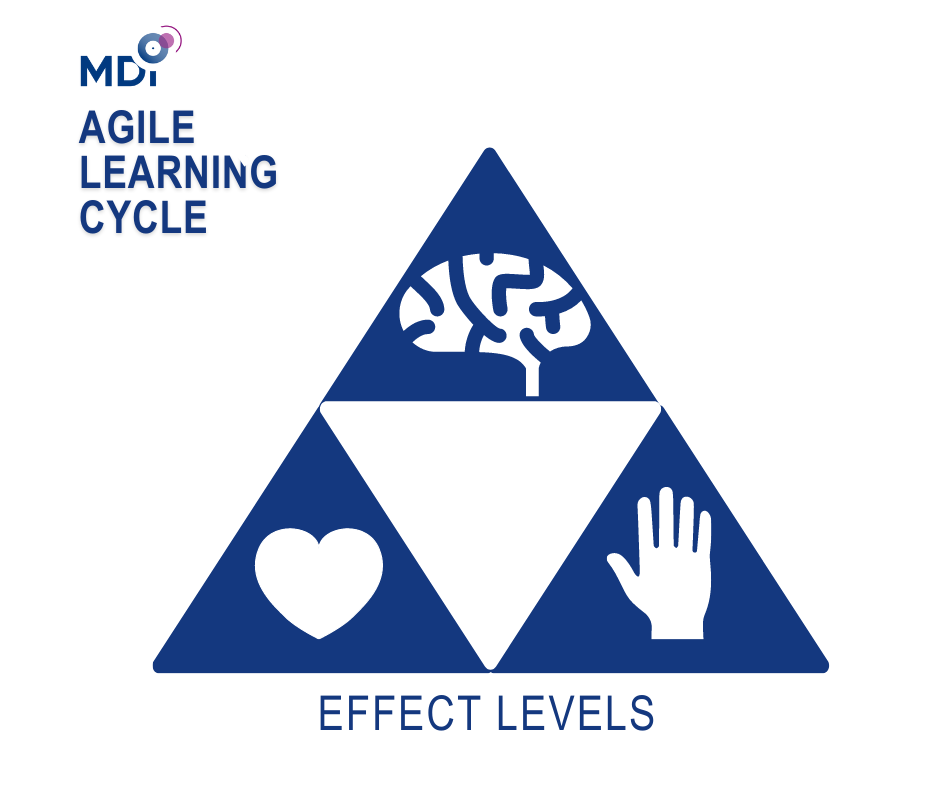
Young, working & thriving – Dreams & expectations of the new Gen Z
Young, working & thriving – Dreams and expectations of the new Gen Z
According to PwC, Millennials will make up 50% of the workforce by 2030. But as quickly as Millennials have moved into the workforce, another, even larger generation is coming along:
Generation Z.
And they are capable of being a disruptive force in the workplace. They are more diverse, more technologically advanced and, even though Millennials and members of Generation Z are close in age, their belief systems are verry different.
The way employees, managers and HR professionals interact with this new group of professionals will determine whether they create an amazing corporate culture that benefits both employees and the employer – or miss the mark entirely.
How do leaders and companies need to adapt?
That’s what we try to find out in an interview with MDI’s youngest team member, Jana! Born in 2003, she is part of the Generation Z.

About Jana
In her gap year after high school and before university, Jana started as a team assistant at MDI.
In April she went on an Interrail trip where she discovered 7 cities in Europe. Besides traveling, she likes to spend her time on creative outlets like crocheting, photography or cooking.
Being part of Generation Z, her cell phone is naturally a bigger part of her life than she would like.
Dear Jana, Let’s Spill the Tea on Generation Z 🙂
Tell us a little bit about yourself.
What are your professional interests and what further education do you aspire to?
My professional interests actually change all the time. Right now, though, I’m about to start my bachelor’s degree in the Netherlands – International Studies at Leiden University. It’s an interdisciplinary degree that studies economics, culture, language, and politics based on a specific world region. So it’s perfect for someone like me who has no idea what exactly she’s interested in or what she wants to do later on.
However, I could well imagine going in a creative direction later on (e.g. in the field of graphic design) or writing and reporting for media as I am doing right now at MDI.
What would an employer have to offer (website, job advertisement, etc.) to appeal to you?
First, the price-performance ratio needs to be right – I don’t want to do more work than I get paid for. At the same time, I must get the feeling that I fit in with this company – this can happen through a nicely designed website, a pleasant ad or an exciting job description.
Requirements currently too high
But it’s also important that the employer doesn’t set too many conditions that I can’t fulfil. A common problem in my environment is that you don´t have as much previous professional experience due to school and university as is often required. Right now, it´s really hard to find even an easy job where experience in 10 different fields or a personal contact isn´t essential.
In general, do you already know what is important to you in your job?
No, not yet exactly. I know that I don’t want to spend 100% of my working time behind a screen. And this is going to sound banal, but I expect my job to make me want to go there and maybe even develop a passion for what I do. I can’t imagine anything worse than a workplace where my stomach clenches every time I think about it.
What motivates you in a professional context?
On one hand, as I said,
- the interest in the job
- and the fact that I enjoy going to work.
- On the other hand, the people I cooperate with play a big role.
Team cohesion
I feel incredibly comfortable at MDI, mainly because we have great team cohesion. That motivates me – I always enjoy going into the office and chatting with my colleagues.
Recognition and feedback
Another factor for me, of course, is the recognition and feedback I get for the tasks I complete. It’s important for me to know that what I do for MDI every day is well received or that I’m doing a valuable job for the company. And if that’s not the case, I want that to be communicated honestly and transparently as well, so I know how I can improve.

What are professional must haves & no go’s for you?
For example, in terms of working hours, work models, on and offline work, etc.
Must-Have
A must-have is the option of home office or third place working. For example, last week I was in quarantine, and it really helped that I could keep my mind busy, even at home. Also, I am very grateful that I can arrange my own working hours. Of course, I know that this is a privilege, and I don’t expect it to be the same later when I work more.
No-Go
A no-go for me would be if people don’t talk to me respectfully & eye to eye. In addition, I always want to be able to combine my private life with my professional life and not have to drown in my work.
Do you prefer home office, third place working, F2F working in the office or a mix of the above?
Hybrid Working
Definitely a mix. I still prefer to physically go to the office because I can socialize with my colleagues there. But also because I can separate my private life from my professional life more clearly there. In the office, my concentration is much higher and I’m not as easily distracted (e.g. by a spontaneous tidy-up).
Third Place Working
Nevertheless, every now and then I’m happy to be able to do my work from home or – even better – from a third location like a nice café.
What channels (social media) should an employer use to reach you?
Personally, I only use Instagram. However, I think it makes sense to display advertisements on all channels possible (Twitter, Facebook, Tiktok, …). After all, that’s where most young people spend their time and why not apply for a job right away if you’re already using the app?
What are your expectations from your direct manager?
I want to be appreciated for what I do. I don’t think much of hierarchical structures, so it’s important to me that my leadership doesn’t patronize me and meets me on the same level. And, as I said before, transparent and honest communication is a must for me.

How important is the age structure of your team to you?
I haven’t given that much thought yet. But basically, I’m always happy to see diversity – which means age diversity, too. It’s definitely important that the company consists of people of different ages, so that knowledge and experience can be drawn from different generations.
Diversity is more
But you have to remember that diversity is not just about age, but almost more about including different ethnicities, gender identities and people with disabilities.
How important are non-work social events with colleagues to you?
Very. Every lunch with the whole team brings me great joy. It’s nice to be able to talk not only about work, but also about our personal lives. I also particularly appreciate that at MDI – there are always opportunities to network outside of the professional context. Great regulars’ tables and parties are organized, where you can get a bit closer to each other.
Dear Jana, last question ? Make a choice ... a lot of money, but a job that makes little sense to you or vice versa?
I can answer this question in two ways.
On one hand, it clearly helps me for my current life situation to earn a lot of money in order to save something or to spend it on things that are important to me (my first apartment, traveling, etc.).
On the other hand, in the future, when I am employed full time in a company or maybe even self-employed, I would prefer to work in something that I also see a personal meaning in – even if I don’t earn much for it.




















